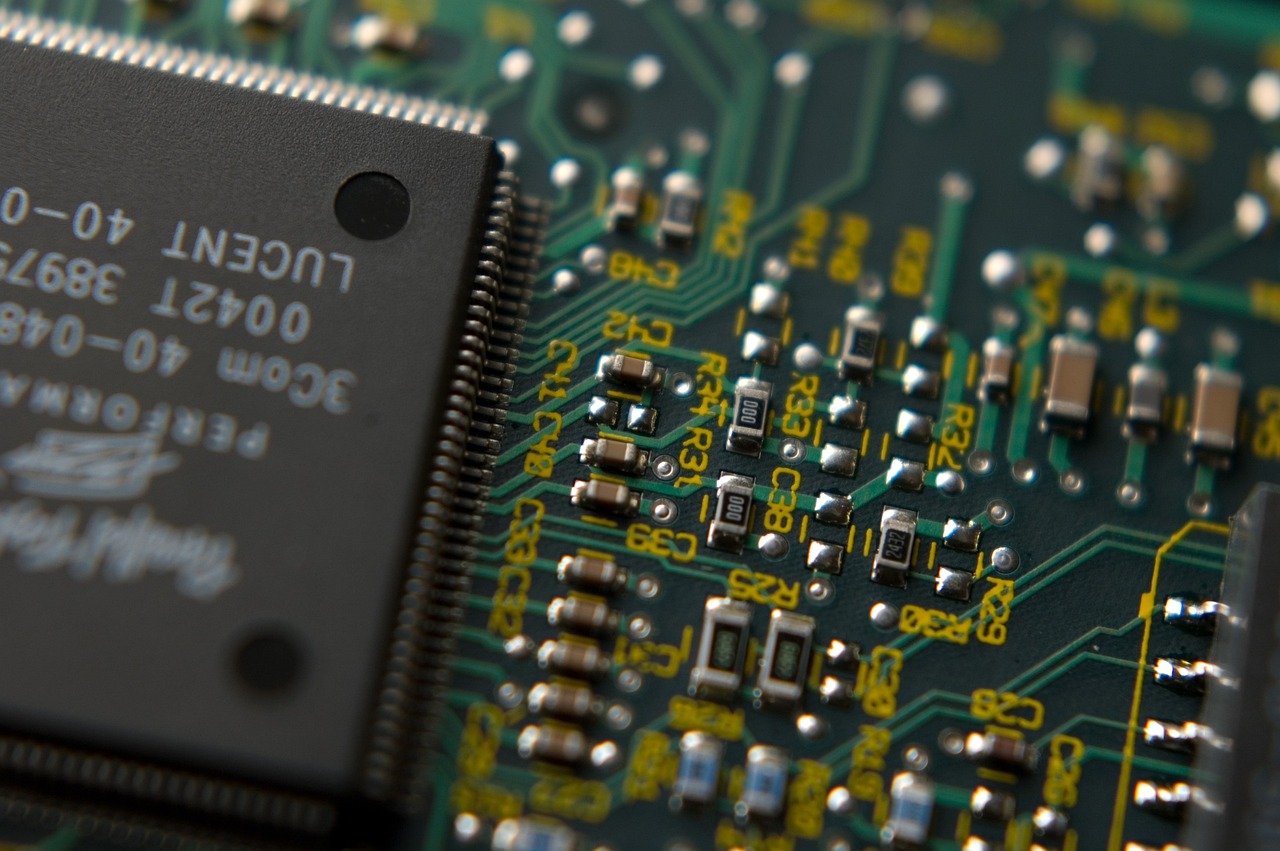
Washington: The United States Department of State today said it will partner with the India Semiconductor Mission, the Ministry of Electronics and IT, Government of India to explore opportunities to grow and diversify the global semiconductor ecosystem under the International Technology Security and Innovation (ITSI) Fund.
The ITSI Fund has been created by the CHIPS Act of 2022 and the US State Department said this partnership will help create a more resilient, secure, and sustainable global semiconductor value chain.
The initial phase includes a comprehensive assessment of India’s existing semiconductor ecosystem and regulatory framework, as well as workforce and infrastructure needs. The US anticipates that key Indian stakeholders, such as state governments, educational institutions, research centres, and private companies, will participate in this analysis steered by the India Semiconductor Mission.
“The insights gained from the assessment will serve as the basis for potential future joint initiatives to strengthen and grow this critical sector,” the State Department said.
The United States and India are key partners in ensuring the global semiconductor supply chain keeps pace with the global digital transformation currently underway. Manufacturing of essential products ranging from vehicles to medical devices relies on the strength and resilience of the semiconductor supply chain.
“This collaboration between the United States and India underscores the potential to expand India’s semiconductor industry to the benefit of both nations,” the State Department said.
It may be recalled that in August 2022, President Biden signed the CHIPS Act, a US law that appropriated new funding to boost domestic manufacturing and research of semiconductors in the United States.
The CHIPS Act also created the ITSI Fund, which provides the U.S. Department of State with $500 million ($100 million per year over five years, starting in Fiscal Year 2023), to promote the development and adoption of secure and trusted telecommunications technologies, secure semiconductor supply chains, and other programs and initiatives with our allies and partners. The ITSI Fund is separate and distinct from funding appropriated to the Department of Commerce and other agencies under the same Act.
Semiconductors and telecommunications networks are critical global economic sectors. Recognizing that securing and strengthening the world’s long-term economic security and stability hinges on the ability to stabilize and expand semiconductor manufacturing, the ITSI Fund prioritises bringing cost-competitive trustworthy suppliers to the telecommunication market, securing semiconductor supply chains, and investing in innovation that will drive the next generation of semiconductor technologies.
The purpose of setting up the ITSI Fund was to retain the US leadership and strong international cooperation to maintain a stable, reliable supply chain for semiconductors. To ensure a more diverse, resilient, and secure global semiconductor supply chain, ITSI funding supports the following efforts of the US government:
- Securing Critical Material Inputs. Semiconductor fabricators require access to critical minerals such as aluminium, arsenic, cobalt, copper, and rare earth elements. The State Department will lead in bringing new, more diverse and resilient mining, refining/processing, and recycling capacity online to support global chip production, including in the United States.
- Strengthening International Policy Coordination. In conjunction with the Department of Commerce, the State Department will coordinate with partner economies to support a more resilient and diverse semiconductor supply chain.
- Expanding and Diversifying Downstream Capacity in the Indo-Pacific and the Americas. The ITSI funding is aimed to be deployed to promote the expansion of the international assembly, testing, and packaging capacity needed to diversify the global semiconductor supply chain. This also includes ensuring countries have the necessary measures in place to safeguard leading-edge chips and technology from diversion and misuse.
- Protecting National Security of the United States. Some uses of advanced semiconductors can pose national security risks to the US. According to the US government The mechanisms to mitigate those risks – including collaboration with international partners on export controls and licensing policies – require strengthening. The State Department eyes facilitating the development and close coordination of such policies and practices with supply chain allies and partners.
– global bihari bureau
Image by Dan Williams from Pixabay





